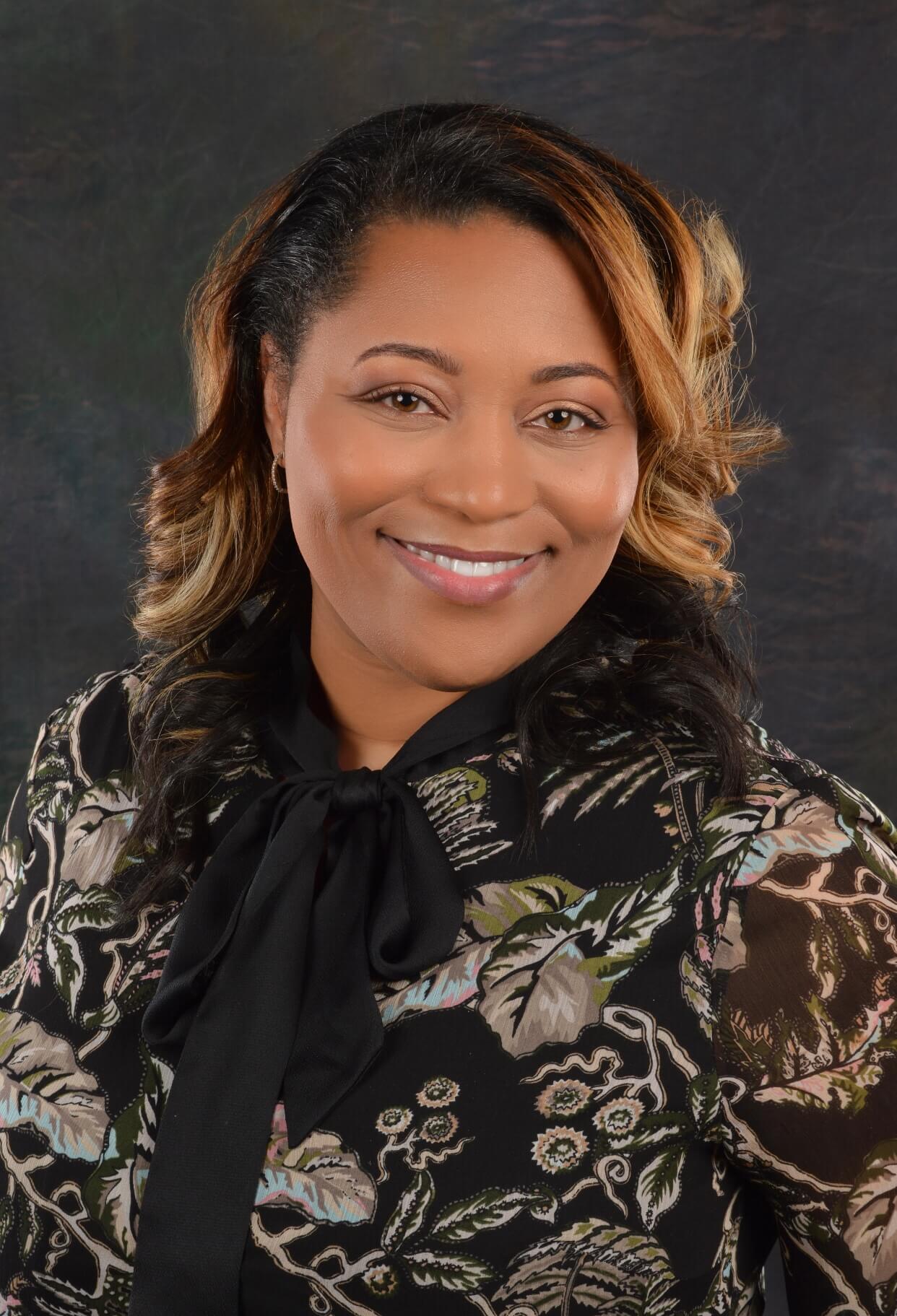WASHINGTON - African Americans have too often been denied the opportunity to collectively and accurately tell their history in American culture. This denial has done a disservice to the history of America. But, there are individuals who push to tell African American history in a way that is a gift to the unspoken past, an enlightenment to the present, and a call-to-action for future generations to honor and respect our ancestors.

“When I accepted this position, I was overwhelmed with a sense of honor and humility, as it was not a position that I took lightly. Many other giants in the field of African American museums came before me and blazed this trail. AAAM has been in existence 41 years, and I count it a privilege to accept this role,” said Coleman-Robinson.
“Vedet has the professional experience, intelligence, and visionary leadership AAAM needs to take its next evolutionary step forward,” said Brian J. Carter, board president and chair of the Hiring Committee. “AAAM recently completed a National Needs Assessment, created a four-year strategic plan responding to the Assessment, and we are now poised to support Vedet as she expands programming and services that will address those needs expressed by the field.”
The Howard University History Department is also very proud of Coleman-Robinson’s recent achievement. “We are thrilled about Vedet’s new position as executive director. She is a gifted and capable rising historian who has been trained and mentored by one of the giants in the field of Public History,” said Elizabeth Clark-Lewis, Ph.D., director of the department’s public history program.
Coleman-Robinson received her master's degree in 2006, and returned to Howard as a Ph.D. student in U.S. history in 2018. The Department of History graduate program is committed to giving an accurate interpretation of the collective experiences of the world’s people and providing a special emphasis on African America, Africa, and the African Diaspora. Coleman-Robinson’s decision to enroll in the Howard University History program was in direct alignment with her career goals.
Under the tutelage of Clark-Lewis, Coleman Robinson worked on essential projects such as the acquisition of the African American Civil War Memorial into the National Park Service. She also became an inaugural intern for the Reginald F. Lewis Museum of Maryland African American History and Culture. She continued to lay her career foundation by taking advantage of opportunities to organize and host symposiums, submit scholarly book and museum reviews, learn oral history techniques, and develop fundraising strategies.
“I know that it was my decision to enroll into Howard's master’s program years ago that assisted and prepared me to assume this new position as the executive director of the Association of African American Museums. Howard University allowed me to shape my academic, personal, and professional goals into something substantial with intentionality.” Coleman-Robinson said. “I am thankful that I decided not only to earn my master's from Howard, but to also return to pursue my Ph.D.”
The history department was more than willing to support Coleman-Robinson’s research upon her return as a doctoral student. Her research focuses on the issues and setbacks of presenting African American history and culture within federal agencies across cultural divisions and departments.
“Each step along the way, the history program ignited a fire in me to continue to do more to bring African American history and culture to the masses in a way that may not have been done before. I am laser focused,” said Coleman-Robinson.
Coleman-Robinson has also worked with the National Museum of African American History and Culture (NMAAHC) through a detail with Lord Cultural Resources, created strategies to help raise funds for the Carter G. Woodson Home, and was hired by the National Park Service (NPS) to work in their State, Local, Plans and Grants Division to help preserve historic properties. Her tenure at NPS awarded her the opportunity to become the program lead for both the Historically Black Colleges and Universities (HBCU) and Underrepresented Communities Programs; and was asked to serve as co-chair of the Employee Empowerment Collective (EEC-African American Employee Resource Group) and later became a board member of the group.
“There is no more excellent feeling in the world than having confirmation that you have made the right decision. And, my appointment as the executive director of AAAM is a collective success that can be marked as a part of Howard’s long legacy in grooming and refining some of the nation’s best leaders,” Coleman-Robinson said.
# # #
About Howard University Graduate School
Howard University offered its first master’s degree in 1867—the same year it was established. In 1934, the Graduate School was formally established and reorganized to its current structure with divisions in the arts and humanities, biological and life sciences, engineering and physical sciences, and social sciences. The school awarded its first doctorate degree in 1958 in the field of chemistry. The school offers 24 master’s, 31 Ph.D. and 7 M.D./Ph.D. Programs. The Graduate School has consistently issued on average over 100 doctoral degrees per year for the last three years. For more information, visit, www.gs.howard.edu
About Howard University
Founded in 1867, Howard University is a private, research university that is comprised of 13 schools and colleges. Students pursue studies in more than 120 areas leading to undergraduate, graduate and professional degrees. The University operates with a commitment to Excellence in Truth and Service and has produced four Rhodes Scholars, 11 Truman Scholars, two Marshall Scholars, one Schwarzman Scholar, over 70 Fulbright Scholars and 22 Pickering Fellows. Howard also produces more on-campus African-American Ph.D. recipients than any other university in the United States. For more information on Howard University visit www.howard.edu
Media Contact: Imani Pope-Johns, Imani.popejohns@howard.edu




